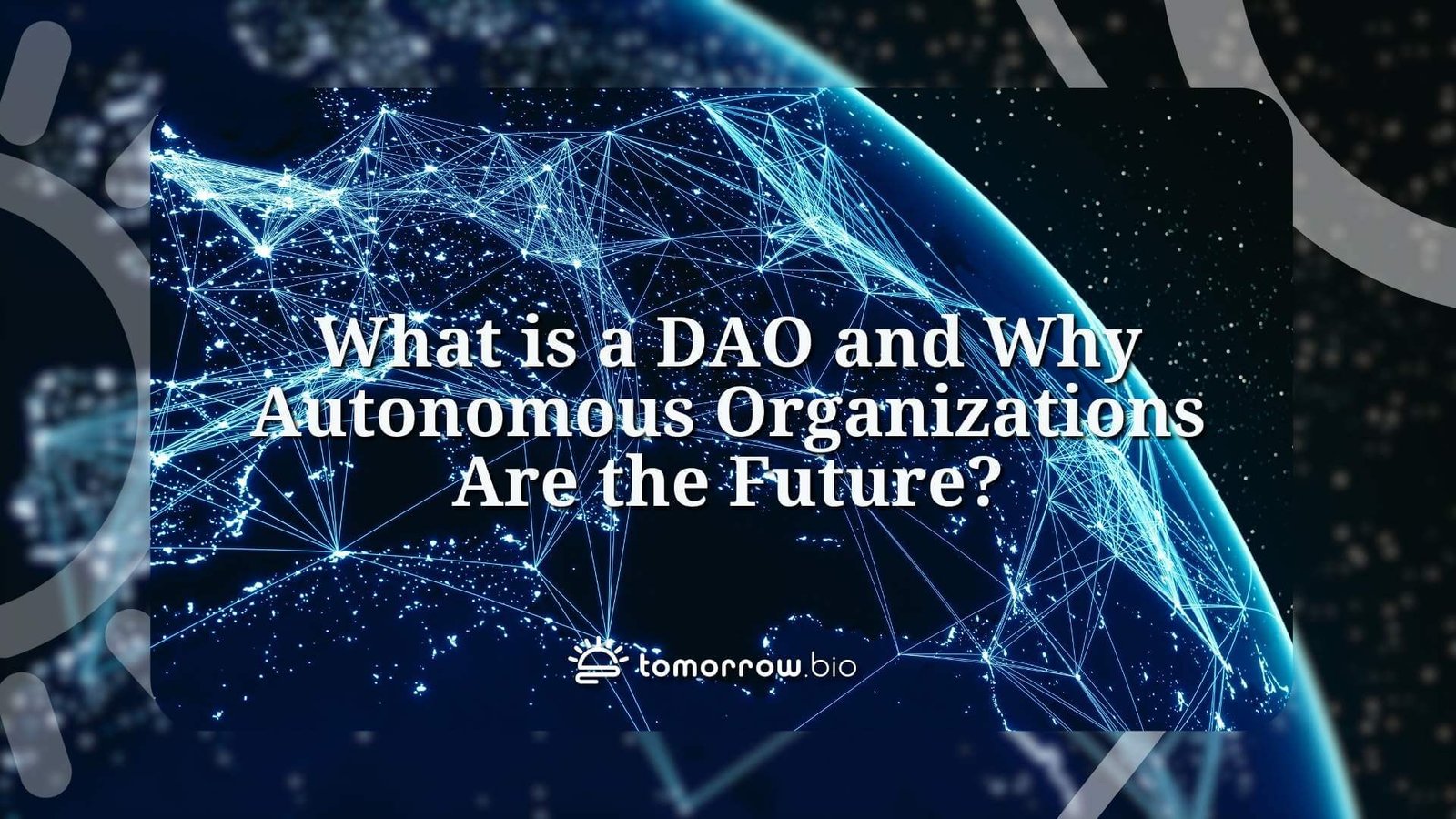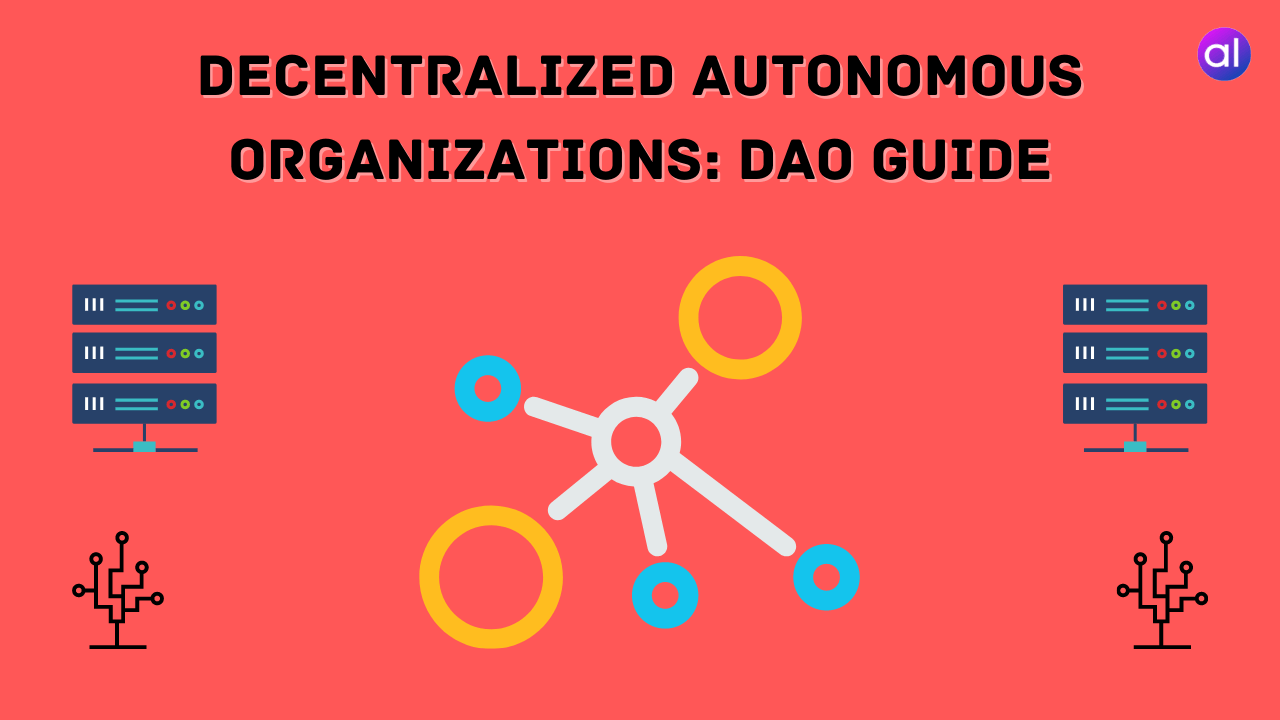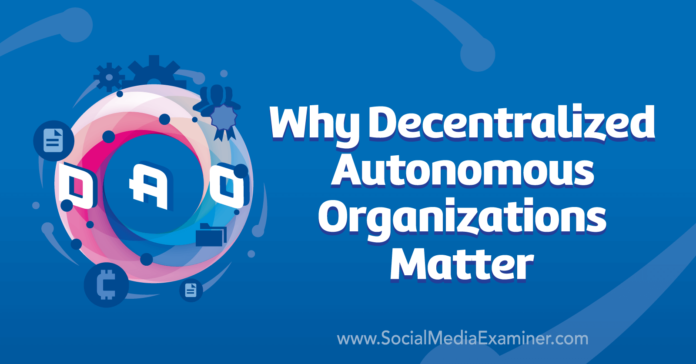In the ever-evolving landscape of blockchain technology, one concept has risen to the forefront, promising to revolutionize the way organizations are governed. Decentralized Autonomous Organizations (DAOs) are not merely a trend but a fundamental shift in the paradigm of governance. They offer a vision of trustless, transparent, and community-driven decision-making that holds the potential to reshape industries and empower individuals like never before.
The Essence of DAOs
At its core, a DAO is a digital organization, often built on a blockchain, governed by code and consensus rather than traditional hierarchies or centralized authorities. This innovative approach to governance relies on the principles of transparency, immutability, and decentralization that blockchain technology provides.
Key Characteristics of DAOs:
-
Smart Contracts: DAOs are governed by smart contracts, self-executing pieces of code that automatically execute predefined rules when certain conditions are met. These contracts enforce the governance decisions made by DAO members.
-
Token-Based Voting: Members of a DAO often hold tokens representing their stake or voting power within the organization. Proposals and decisions are voted upon using these tokens, allowing members to influence the direction of the DAO proportionally to their holdings.
-
Transparency: The transparent nature of blockchain ensures that all transactions, decisions, and proposals are recorded on a public ledger, making it nearly impossible for foul play or corruption to go unnoticed.
-
Immutable Rules: Once set in code and accepted by the community, the rules governing a DAO are challenging to change, providing stability and predictability to its members.

The Promise of DAOs
1. Global Collaboration: DAOs break down geographical barriers, allowing individuals from around the world to participate in decision-making processes without relying on centralized intermediaries.
2. Trustless Governance: With smart contracts and transparent rules, trust is no longer a prerequisite for cooperation. DAOs enable trustless interactions, reducing the need for intermediaries.
3. Inclusivity: DAOs democratize access to decision-making. Anyone with tokens can join and participate, leveling the playing field and giving a voice to previously marginalized groups.
4. Innovation: The agility of DAOs fosters rapid innovation. They can quickly adapt to changing circumstances, implement upgrades, and experiment with new ideas without the bureaucratic hurdles of traditional organizations.
5. Reduced Costs: DAOs eliminate many overhead costs associated with traditional organizations, such as salaries for management and administrative staff, resulting in potentially more efficient operations.




